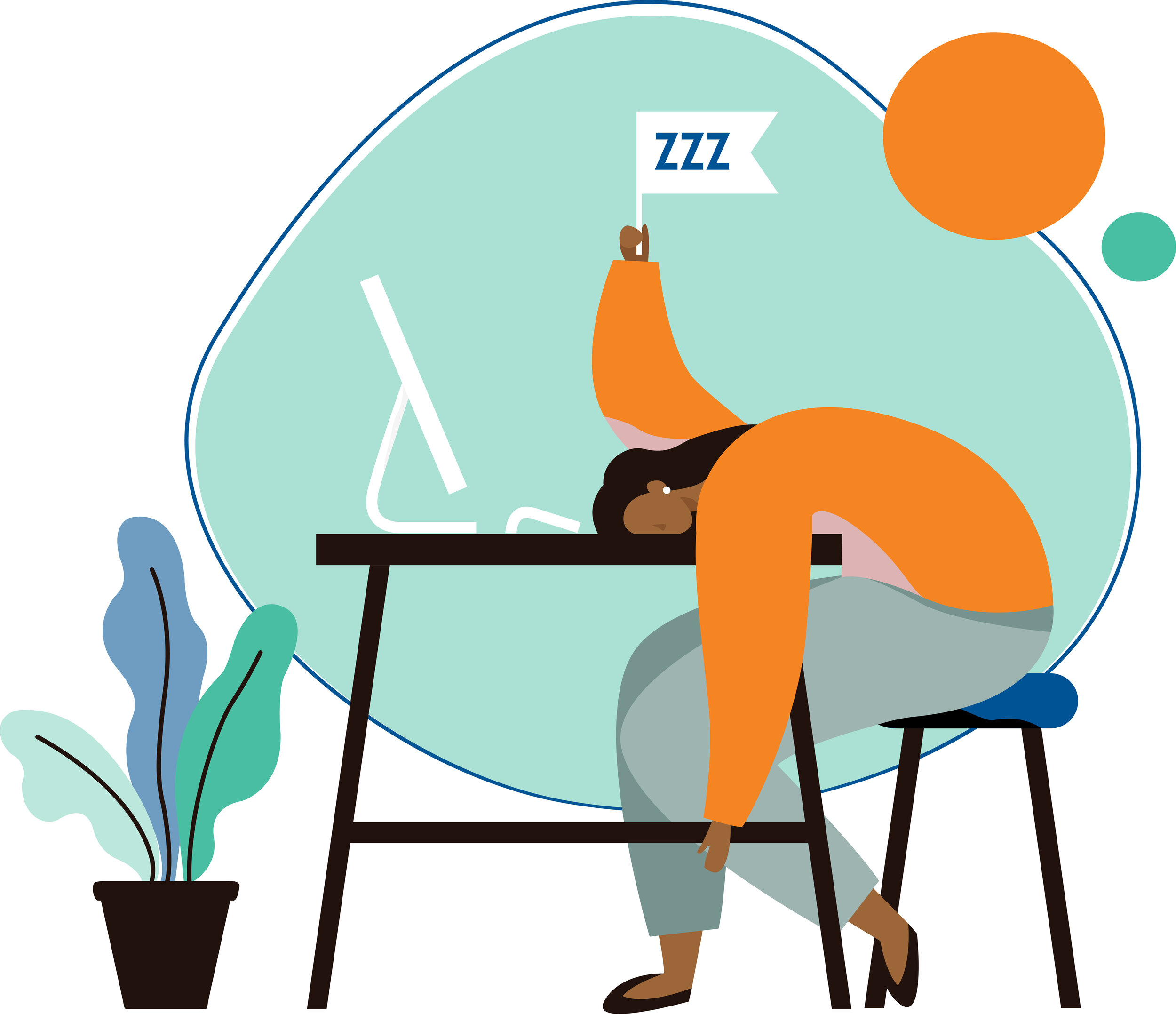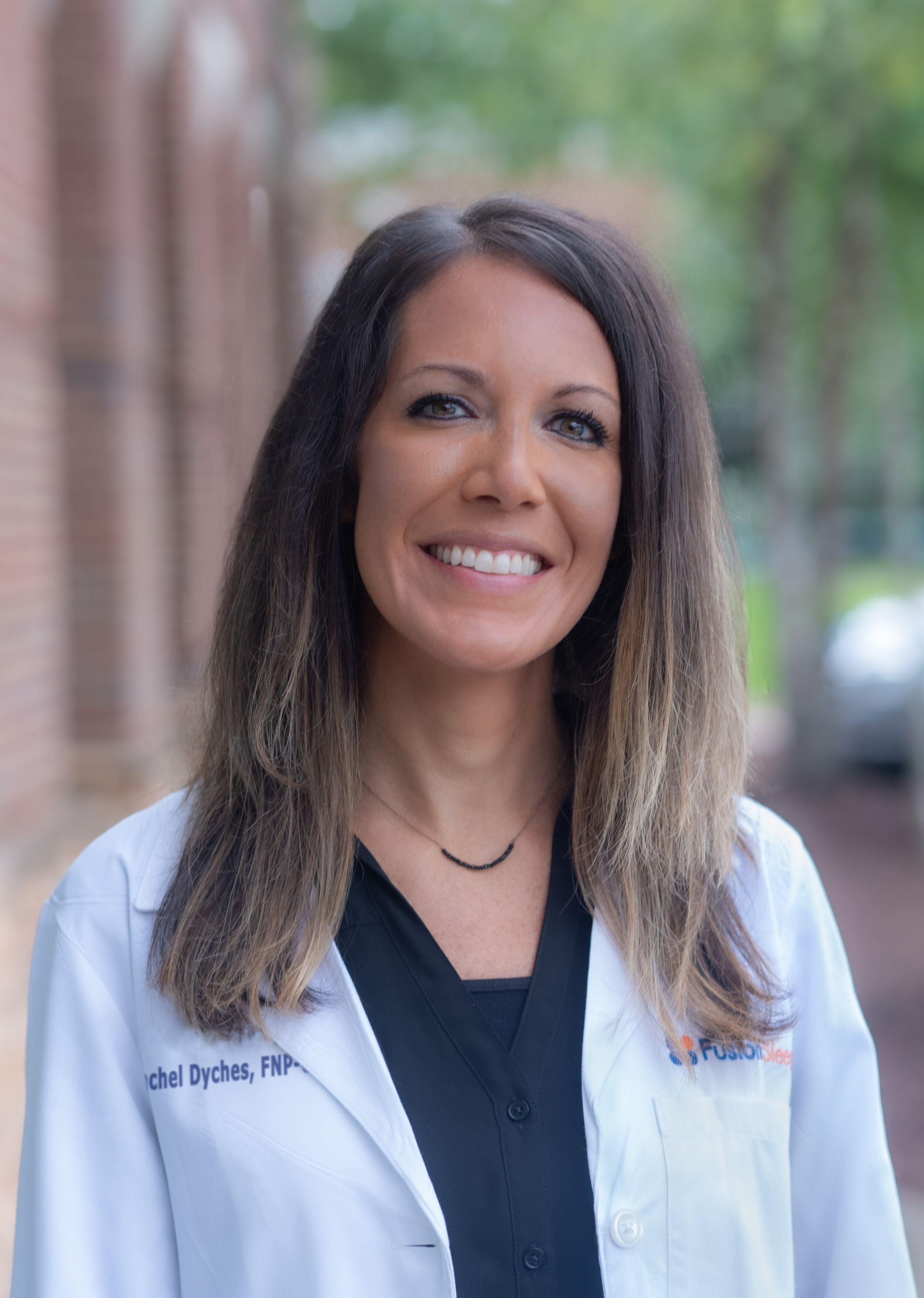Why Am I Still Tired?
Excessive daytime sleepiness (EDS) is defined as inability to maintain wakefulness or alertness during the major planned awake time of the day, or difficulty waking up after adequate or prolonged nighttime sleep.
EDS is a broad condition that includes several sleep disorders like hypo-arousal disorders (involving wake-promoting regions of the brain), narcolepsy and idiopathic hypersomnia. It may be caused by disorders which affect quality of sleep, such as sleep apnea, or a circadian rhythm disorder.
Other potential causes of excessive daytime sleepiness include certain medical and psychiatric conditions or vitamin deficiencies, including the use of alcohol or a head injury. This is why it’s important to make sure you have an updated health and wellness physical including lab work with your primary care provider.
EDS and Fatigue are different. With EDS (including those with hypersomnias like narcolepsy and idiopathic hypersomnia), you can have the overwhelming urge to nap repeatedly during the day or simply not feel like staying awake. Some may report fighting off increasingly strong urges to sleep during inappropriate times, such as while driving, at work, during a meal or in conversations. Fatigue is a lack of overall energy level. However, EDS and fatigue can often be present together.
Do you feel like you are getting the most out of your day? Does daytime sleepiness keep you from activities that you want or need to do in your social or professional life? If the answer is yes, then EDS is negatively impacting your quality of life!
EDS Can Directly Impact Your Overall Health In Many Negative Ways
Mood Swings
Poor work or school performance
Weight gain (Decreased activity level and increased food cravings)
Motor vehicle accidents
What Can be Done to Fix This?
Sleep testing, such as an overnight sleep study can rule out underlying sleep disorders that may contribute to daytime sleepiness. A daytime sleep study may be recommended after the overnight study, or at a later date. This study is used to help determine the degree of your daytime sleepiness and identify if it may be secondary to a disorder of wakefulness.
EDS can be treated with certain medications when appropriate. This requires a complete evaluation by a Sleep Medicine clinician and would also include sleep testing.
Quick Tips to Get Started Now
Keep a regular sleep/wake schedule. Try not to vary bedtime or wake time by more than 1 hour, even on the weekends.
Prepare yourself for good, quality sleep. Avoid electronics at least 1 hour prior to bedtime. Avoid caffeine after lunch and limit it as much as possible. Less is best! Stay hydrated during the day and try not to eat within 2-3 hours of laying down for bed.
Keep a sleep log of how much sleep you get. If you are getting at least 7 hours on a regular basis and still sleepy during the day, this is not normal. See a sleep professional.
Cecile Martin FNP-BC, MS, RN
Cecile is board certified as a Family Nurse Practitioner, devoted to Sleep Medicine. She completed her graduate studies in Atlanta at Georgia State University in 2006. She immediately joined a practice in pulmonary care, where she was introduced into the world of Sleep. She saw firsthand the dramatic effect that healthy sleep has on creating a healthy community, and quickly realized her passion for Sleep Medicine. Cecile is a national public speaker and an educator at every opportunity. She is also a speaker in the pharmaceutical industry.
Rachel Dyches DNP, FNP-C
Rachel grew up in South Carolina where she obtained her BSN from the University of South Carolina. She worked as a NICU RN prior to obtaining a combined Master of Science in Nursing and Doctor of Nursing Practice degrees from the Medical University of South Carolina. She is board certified as a Family Nurse Practitioner and has been practicing Sleep Medicine since 2015. She has experience in clinical research, patient care and also serves as an advisor and speaker in the pharmaceutical industry.



